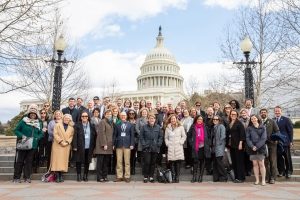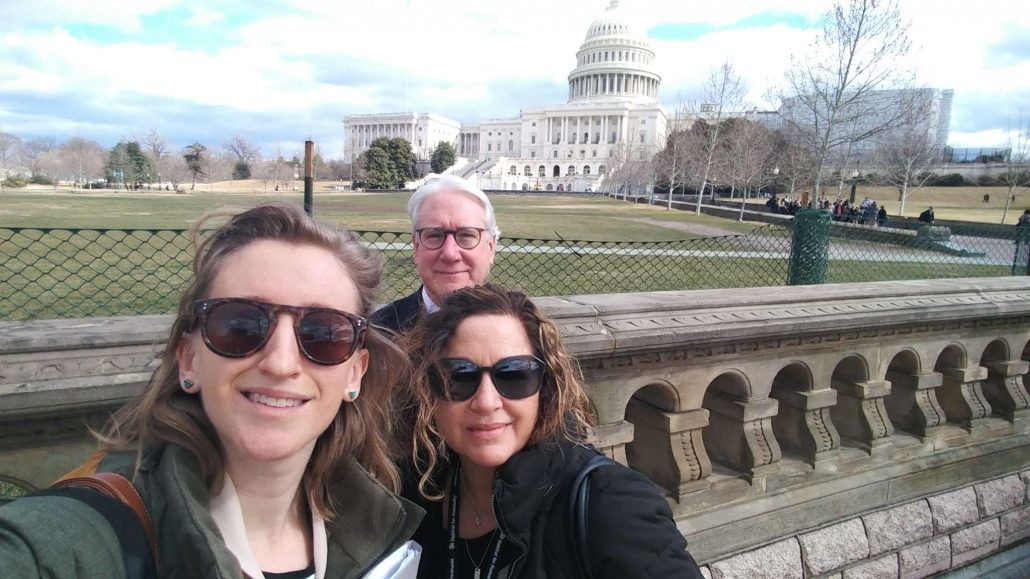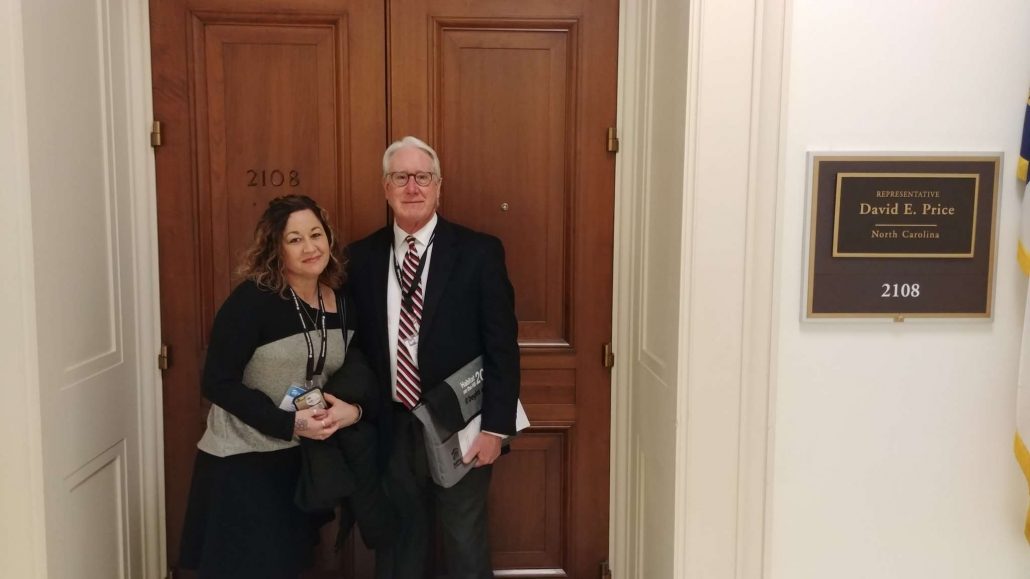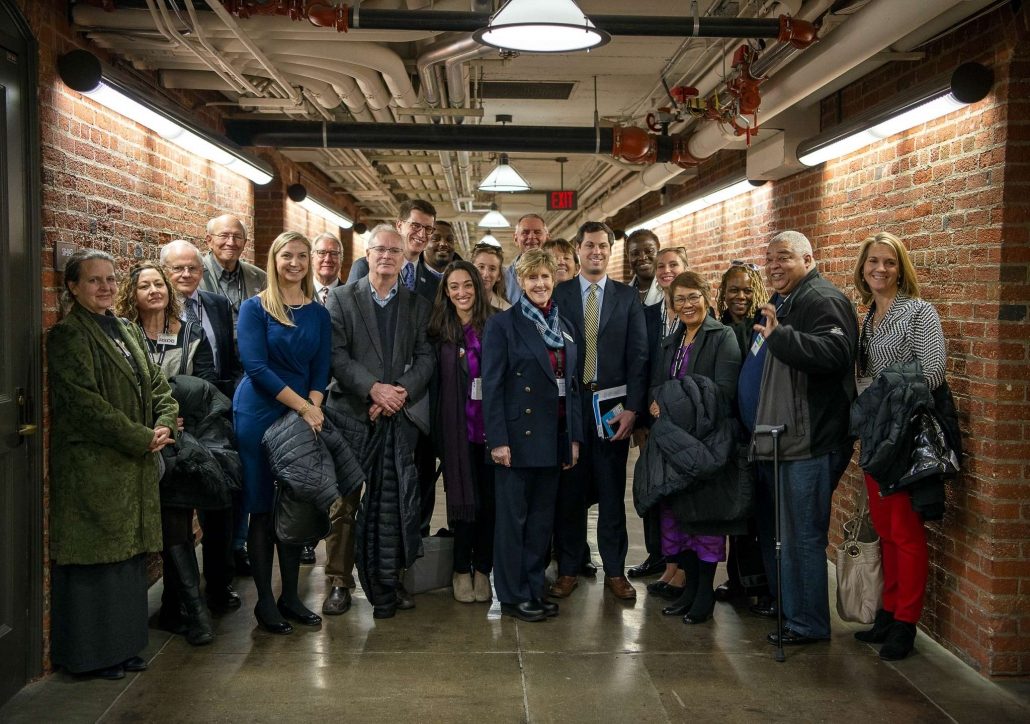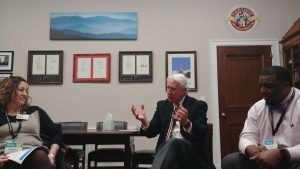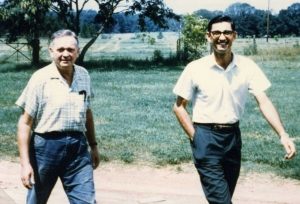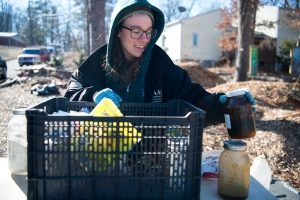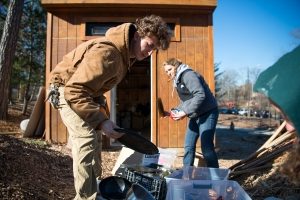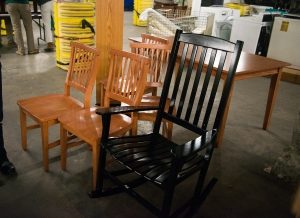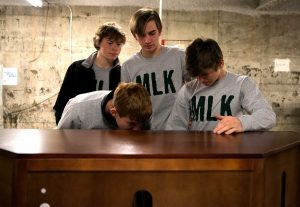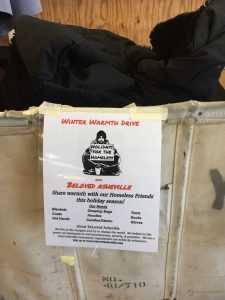https://www.ashevillehabitat.org/wp-content/uploads/2024/02/HOTH-blog-image.png
3333
8333
Ariane Kjellquist
https://www.ashevillehabitat.org/wp-content/uploads/2022/11/AAHH-logo_black_with-counties-tag-300x150.jpg
Ariane Kjellquist2024-02-22 14:23:162024-02-26 08:15:38Housing: an issue we can all get behind
https://www.ashevillehabitat.org/wp-content/uploads/2023/01/advocate-SOID_blog-image-1.png
750
1800
Ariane Kjellquist
https://www.ashevillehabitat.org/wp-content/uploads/2022/11/AAHH-logo_black_with-counties-tag-300x150.jpg
Ariane Kjellquist2023-01-19 15:11:322023-01-20 12:30:04SOID Explained
https://www.ashevillehabitat.org/wp-content/uploads/2022/10/Web-header_Bonds.png
5292
16250
Ariane Kjellquist
https://www.ashevillehabitat.org/wp-content/uploads/2022/11/AAHH-logo_black_with-counties-tag-300x150.jpg
Ariane Kjellquist2022-10-20 15:39:032022-10-21 10:32:54Vote YES on bonds
https://www.ashevillehabitat.org/wp-content/uploads/2020/06/Blog-pic-1-e1591986145371.jpg
345
1095
Ariane Kjellquist
https://www.ashevillehabitat.org/wp-content/uploads/2022/11/AAHH-logo_black_with-counties-tag-300x150.jpg
Ariane Kjellquist2020-06-08 14:20:022020-06-12 14:28:07Still Working Towards Racial Equity
https://www.ashevillehabitat.org/wp-content/uploads/2019/11/Marquita-porch-pic-scaled.jpg
734
2560
Ariane Kjellquist
https://www.ashevillehabitat.org/wp-content/uploads/2022/11/AAHH-logo_black_with-counties-tag-300x150.jpg
Ariane Kjellquist2020-03-30 16:54:082020-04-01 14:53:57What you CAN do right now
https://www.ashevillehabitat.org/wp-content/uploads/2019/02/HOTH-blog-1.jpg
840
2000
Maddy Alewine
https://www.ashevillehabitat.org/wp-content/uploads/2022/11/AAHH-logo_black_with-counties-tag-300x150.jpg
Maddy Alewine2019-02-19 11:06:482019-02-20 11:15:15It begins with us
https://www.ashevillehabitat.org/wp-content/uploads/2018/12/LegDay2018_800x350.jpg
350
800
Asheville Habitat
https://www.ashevillehabitat.org/wp-content/uploads/2022/11/AAHH-logo_black_with-counties-tag-300x150.jpg
Asheville Habitat2018-06-21 00:00:002018-12-19 16:14:37Advocating for Affordable Housing in Raleigh
https://www.ashevillehabitat.org/wp-content/uploads/2018/12/MLK-Day-blog-photo.jpg
350
800
Asheville Habitat
https://www.ashevillehabitat.org/wp-content/uploads/2022/11/AAHH-logo_black_with-counties-tag-300x150.jpg
Asheville Habitat2018-01-18 00:00:002018-12-19 16:13:12Habitat and its Roots in Racial Equality
https://www.ashevillehabitat.org/wp-content/uploads/2018/12/Blog_MatthewDesmond.jpg
350
800
Asheville Habitat
https://www.ashevillehabitat.org/wp-content/uploads/2022/11/AAHH-logo_black_with-counties-tag-300x150.jpg
Asheville Habitat2017-08-14 00:00:002018-12-19 16:13:10Tickets On Sale for the 7th Annual Poverty Forum
https://www.ashevillehabitat.org/wp-content/uploads/2018/12/blog-Bill-Lineberry.jpg
350
800
Asheville Habitat
https://www.ashevillehabitat.org/wp-content/uploads/2022/11/AAHH-logo_black_with-counties-tag-300x150.jpg
Asheville Habitat2017-04-27 00:00:002017-04-27 00:00:00Inspiring Others Towards Excellence Through Leadership
Scroll to top



